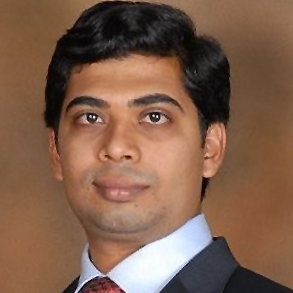315 Studies Now Enrolling
Autonomous Magnetic Resonance Imaging for Dementia screening
Rapid Dementia screening using Magnetic Resonance Imaging
| Sponsor: | PMX Inc. |
| Enrolling: | Male and Female Patients |
| Clinic Visits: | 1 |
| IRB Number: | AAAT9533 |
| Contact: | Sairam Geethanath: 212-853-1896 / sairam.geethanath@columbia.edu |
Additional Study Information:
A significant focus of healthcare research is aimed at biomarker discoveries in brain and heart diseases in particular, and their impact on the human body in general. MRI is a key component in these healthcare services. It provides a non-invasive and non-ionizing approach to diagnose pathologies along with significant internal and external contrast mechanisms to image structure, function, and metabolism. The development and application of comprehensive MRI solutions at an optimal combination of quality, access and cost is a targeted research outcome. The two challenges of biomarker discovery and accessibility require MRI solutions that are mutually conflicting objectives. One end of the research spectrum is typically aimed at biomarker discoveries and consequently determining the impact on the status of health and/or disease. The other requirement would require high throughput and cost-effectiveness. MRI has the ability to provide a detailed fingerprint of the body's structure and function in health and disease. This is achieved through diverse methods based on diffusion, perfusion, angiography, tractography, metabolism, and functional connectivity to name a few. However, a protocol including all these methods would require impractically long acquisition times. This is particularly relevant in the case of neuroimaging of the elderly. A solution to this challenge would require the development of methods at field strengths of 1.5T and above (3T mostly), through methods such as (but not limited to)MR fingerprinting. This acquisition strategy provides biomarkers that allow detecting the presence and severity of Dementia. In our implementation of this screening, we have been able to combine the benefits of automated acquisition and analysis methods in a rapid, accurate, and repeatable manner. This will benefit Dementia patients who are unable to hold posture over a long period of time in an MR scanner while also providing more information per unit of time.
This study is closed

